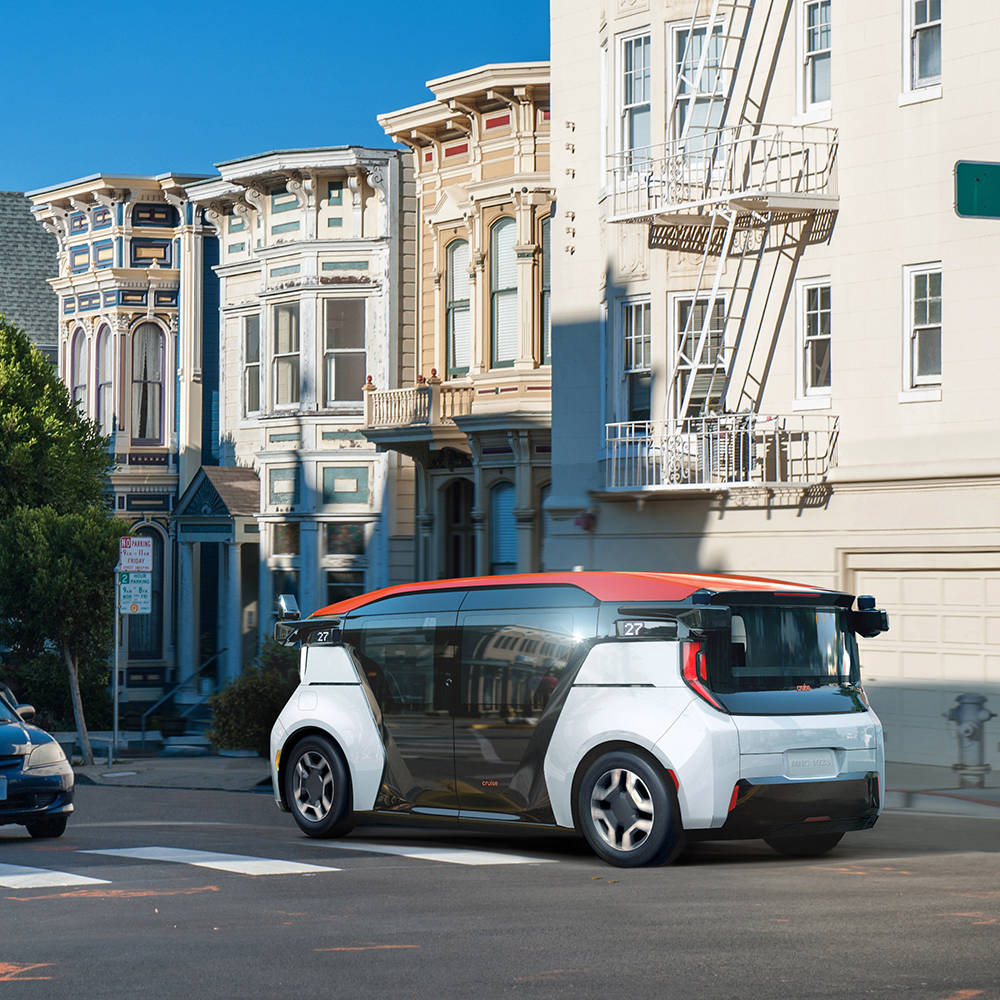General Motors’ Cruise self-driving subsidiary said it has asked US regulators for permission to build and deploy its Cruise Origin vehicle that removes human controls such as a steering wheel or brake pedals, as it pushes ahead with plans to make the car available to riders.
“The submission of this petition signals that Cruise and GM are ready to build and deploy the Origin, here in America,” the company said.
It added that the vehicle would offer more mobility options to people who faced transportation barriers, including older people and the blind.
The unit currently offers robotaxi rides and deliveries from Wal-Mart, but all of these trips feature a human backup driver.

Robotaxi
Cruise has separately petitioned for existing laws to be changed to allow the National Highway Traffic Safety Administration (NHTSA) to expand the temporary exemptions it can grant for autonomous vehicles.
The Origin, developed with GM and Cruise investor Honda Motor, is designed to seat four passengers in two wide seats facing one another. It includes no driver compartment.
GM wants to begin producing the vehicle late this year at a GM factory and to deliver the first units in 2023, Cruise said.
Cruise and GM first said in October 2020 they planned to seek NHTSA approval for the Origin in a matter of months.
That followed a 2018 NHTSA petition to allow a car based on a Chevrolet Bolt, but without a steering wheel or brake pedals, on US roads.
GM withdrew this petition in late 2020 after the NHTSA had spent 15 months reviewing it in preparation for seeking public comment.

Delivery service
The agency declined to comment on the latest request.
The US Congress is working on legislation to make it easier for companies to deploy self-driving cars on US roads without human controls, but this has currently stalled.
Current law allows firms to seek an exemption from standard motor vehicle safety standards for up to 2,500 vehicles for up to two years.
In May of last year Cruise urged US President Joe Biden to back legislation raising the limit.
Cruise operates a robotaxi service in California, which mostly operates in certain limited areas of San Francisco, in addition to a delivery service from a Wal-Mart store near Scottsdale, Arizona.
In a public meeting with the Arizona Senate Transportation Committee earlier this month, Cruise reportedly said it may expand the Arizona programme to as many as eight Wal-Mart stores this year.
In January, at CES, GM chief executive Mary Barra said the company wants to introduce a “personal autonomous vehicle” by 2025.





